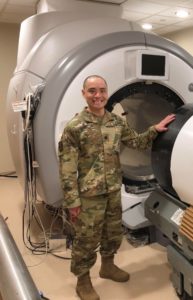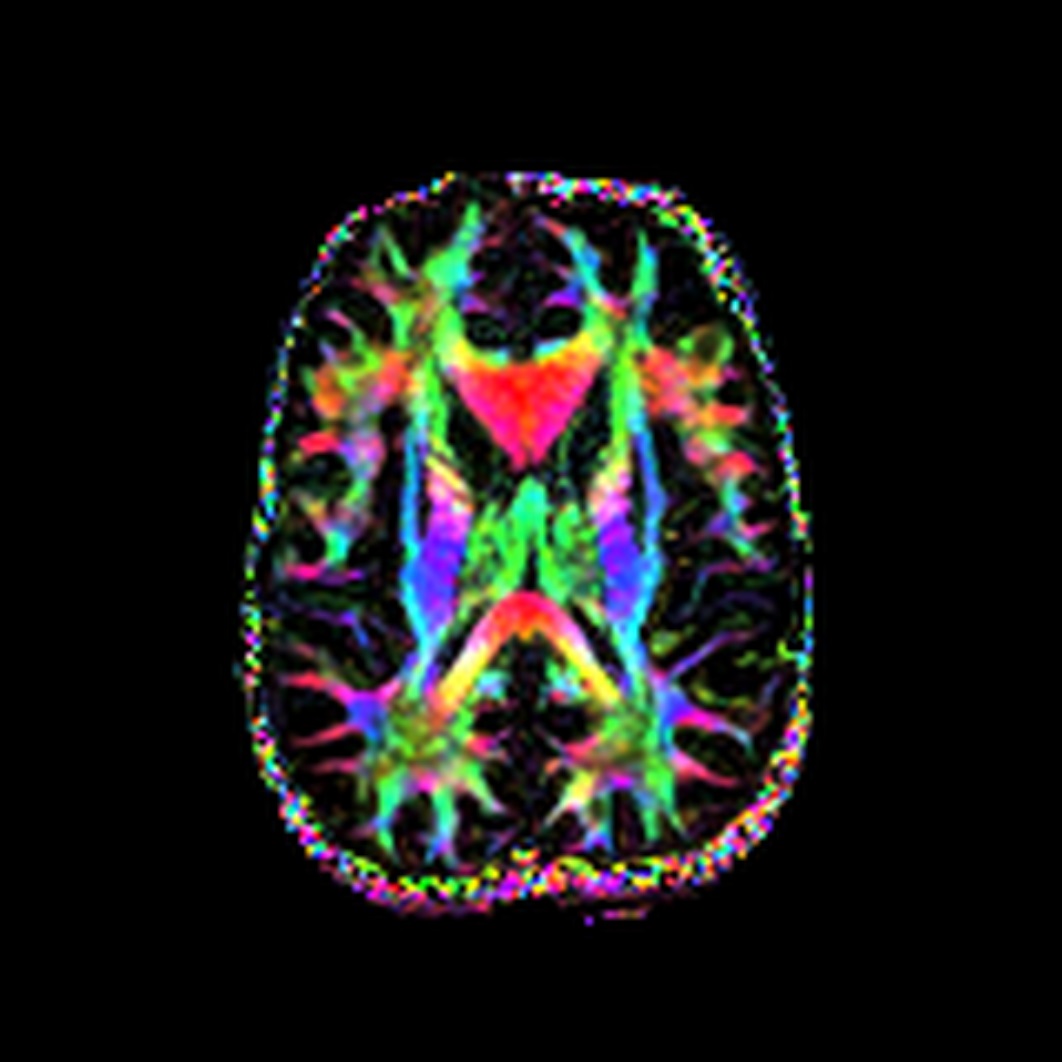23 November 2020
MAGNUS Aims to Diagnose Mild Traumatic Brain Injury Using Advanced Imaging and Magnetic Technology
Research includes the construction and testing of the MAGNUS gradient system and a clinical evaluation for mild TBI in patients from military and civilian populations.
Current mild traumatic brain injury (mTBI) diagnosis is subjective, relying on patient and bystander observations as well as the possibility of coexisting and sharing symptoms with conditions like post-traumatic stress disorder (PTSD) and depression. The advanced, ultra-high-performance gradient MAGNUS (Microstructure Anatomy Gradient for Neuroimaging with Ultrafast Scanning) Magnetic Resonance (MR) system research program, managed by The Geneva Foundation, is developing novel gradient technology and software to enable MR detection of thus far elusive imaging features of mTBI with hopes that this will provide improved therapeutic decision making and surveillance.
The MAGNUS research team, a public-private partnership led by The Geneva Foundation, along with collaborators from GE Global Research, is using an existing whole-body GE SIGNA MR 750 3.0 Tesla scanner and created a compatible, ultra high-performance head-only imaging system, the MAGNUS 3.0T head-only MRI scanner. This will utilize the current whole-body MRI magnets and increase the imaging capability by three to four times.
By using this more powerful MAGNUS 3.0T MRI scanner, the study team hopes to be able to identify objective imaging biomarkers indicative of acute mTBI as well as new and/or improved imaging biomarkers of patients suffering with chronic mTBI. The ability to identify and stratify and objectively assess mTBI patients remains a high priority for the Military Health System. Improvement of patient outcomes greatly benefits the individual service member on return to civilian life. A large number of cases of depression, PTSD, and cognitive disorders in veterans, as seen from OEF/OIF, could be substantially reduced in future conflicts by early identification and individualized treatment of mTBI which can result from a wide variety of directions, causes, and impact forces.



